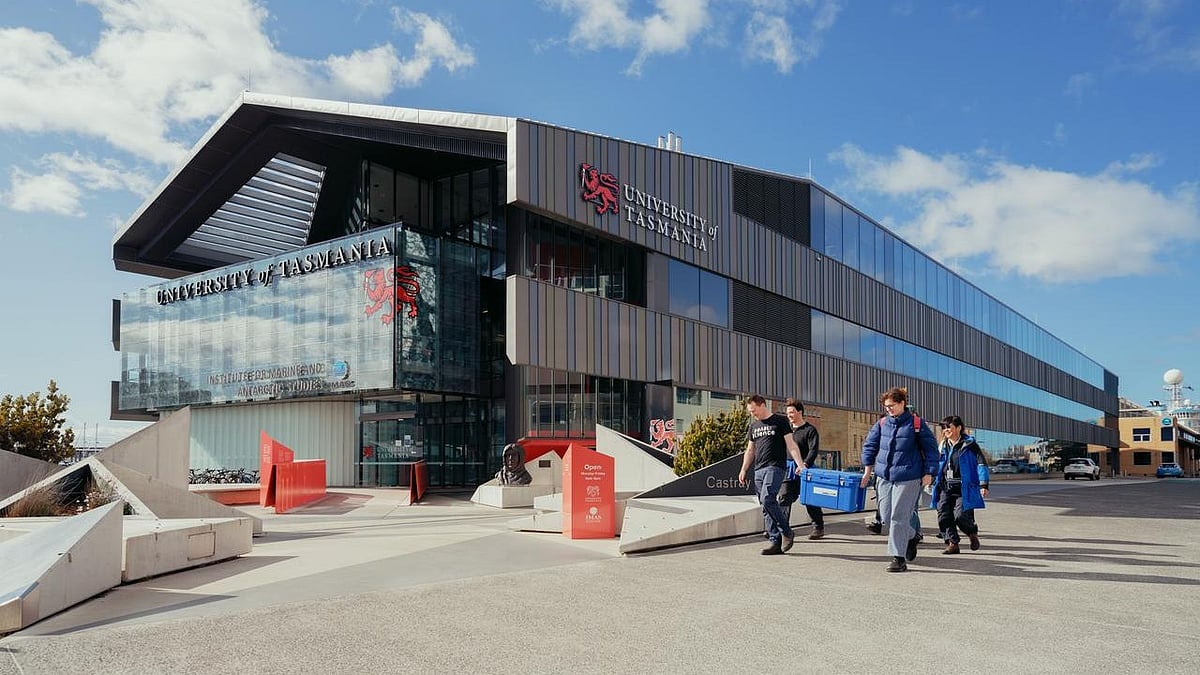As Bangladesh gears up for its general elections on January 7, 2024, the political landscape is marked by intense dynamics, including the pursuit of a fourth consecutive term by Prime Minister Sheikh Hasina and her Awami League-led alliance. Here's a comprehensive look at the key aspects of the upcoming elections.
Election Dynamics and Participants
The primary opposition force is the Bangladesh Nationalist Party (BNP), led by former Prime Minister Khaleda Zia. Notably, the BNP has opted to boycott the polls, citing the demand for Sheikh Hasina's resignation and the insistence on a caretaker government to oversee the electoral process. This decision has triggered pre-election tensions and incidents of violence, such as the recent arson attack on a passenger train and the reported deaths of at least four individuals.
The electorate comprises nearly 120 million eligible voters, with women constituting almost half of this demographic. Notably, approximately 15 million first-time voters are expected to participate. A record 5.1% of women candidates are in the fray, and nearly 2,000 candidates are competing for the 300 directly elected parliamentary seats. Allegations of "dummy" candidates have been raised, particularly by the BNP, claiming that the Awami League aims to create a facade of credibility in the election.
Economic Context and Recent Developments
During Sheikh Hasina's third term, Bangladesh witnessed significant economic progress, with the $416-billion economy undergoing transformation, particularly in the garments industry. However, recent violent protests, triggered by a surge in the cost of living, have underscored economic challenges. The country grapples with the burden of costly energy imports, depleting dollar reserves, and a domestic currency under strain.
In December, the International Monetary Fund (IMF) approved the first review of Bangladesh's $4.7 billion bailout, providing immediate access to $468.3 million and allocating $221.5 million for climate change initiatives. These economic considerations add a layer of complexity to the electoral landscape.
Security Measures and International Oversight
With an eye on maintaining order during the elections, Bangladesh has deployed a substantial security apparatus. Nearly 800,000 personnel, including police, paramilitary forces, and police auxiliaries, will be stationed to ensure a smooth voting process. The army, navy, and air force have also been mobilized, complemented by 127 foreign observers overseeing the electoral proceedings.
Election Mechanism and Major Parties
The Jatiya Sangsad, Bangladesh's unicameral parliament, consists of 350 members, with 300 elected every five years through a first-past-the-post system. Additionally, 50 seats are reserved for women appointed by the ruling party or coalition.
While Bangladesh boasts a multi-party system, the political landscape has largely been dominated by the Awami League and the BNP. The Jatiya Party (Ershad) is the third-largest party, holding 27 seats. However, the election boycott by the BNP and its internal challenges suggest a potential lack of competition, raising concerns about the fairness of the electoral process.
Challenges to Fairness and Historical Context
The fairness of Bangladesh's elections has been a recurring issue, with controversies dating back to previous regimes. The introduction of a caretaker government system in 1990 aimed to address these concerns, and elections held under caretaker administrations were deemed fair domestically and internationally. However, the system was abolished in 2011, leading to allegations of election rigging and the suppression of opposition.
The BNP's boycott since 2014 and their campaign to reinstate the caretaker system highlight persistent challenges to the electoral process. The current election is shadowed by concerns about fairness, potentially impacting the legitimacy of the results.
International Perspectives and India's Stake
Prime Minister Sheikh Hasina, despite facing criticism for alleged autocratic tendencies, remains a crucial ally for India. Her longstanding relationship with India, dating back to the 1970s, has been marked by cooperation on border issues, economic ties, and mutual support on national security concerns. The alternative presented by the BNP, with its history of supporting anti-India militant outfits, poses a significant concern for India.
As the elections unfold on January 7, the world will be closely watching the developments in Bangladesh, with a keen interest in the democratic process, security arrangements, and the potential impact on the regional geopolitical landscape.












